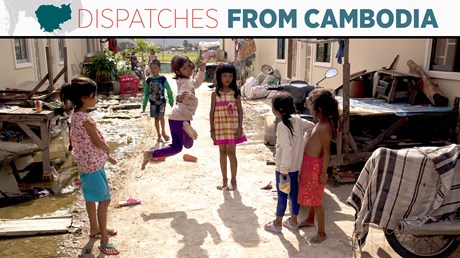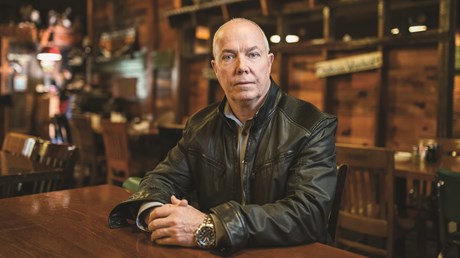Gina Dalfonzo shares an insider’s perspective on the frustrations of long-term singleness

I recently received four blush bridesmaid dresses in the mail. The first was a floor-length formal with a corset so tight I almost blacked out trying to wriggle my way out of it. One was strapless and too plain. Another I refused to even try on after seeing the jewel accents. And the last was a halter number that looked far better on the hanger than it did on me. As the summer wedding creeps ever closer, I choose to distract myself from my lack of a plus-one with the hunt for the perfect bridesmaid dress. With this being my eighth time as a member of the wedding party and my eighth time going solo, I’ve resolved to do it in style.
This was never the life I imagined. My friends and I often sit around wondering how we got here. What boys did we pass up? What mistakes did we make? What routines did we neglect, leaving us sleeping alone while the ticking of our biological clocks lulls us into fitful dreams? I don’t feel equipped for singleness. All the youth group dating advice was predicated on the idea that marriage was in my future, that if I made all the right choices, kept myself pure, and sought after God, he would reward me with a husband. I’ve only recently gotten to a place where I can ask myself, But what if he doesn’t?
Somehow, despite many friends getting married, the single among us are still here, clinging to a community that seems to view us as more of a nuisance than a necessity. And we long for a place in the church—besides standing up at the altar while other people’s vows are being exchanged.
Gina Dalfonzo has lived this storyline as well, but a bit longer and with more grace than I have. As a lifelong single, she’s endured passive-aggressive advice, negligent married …
Continue reading…









